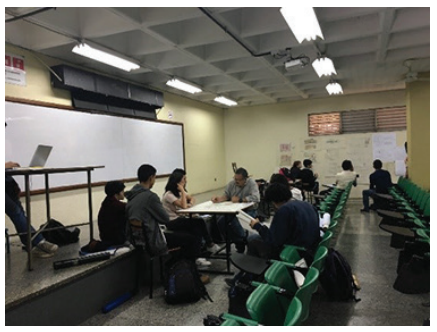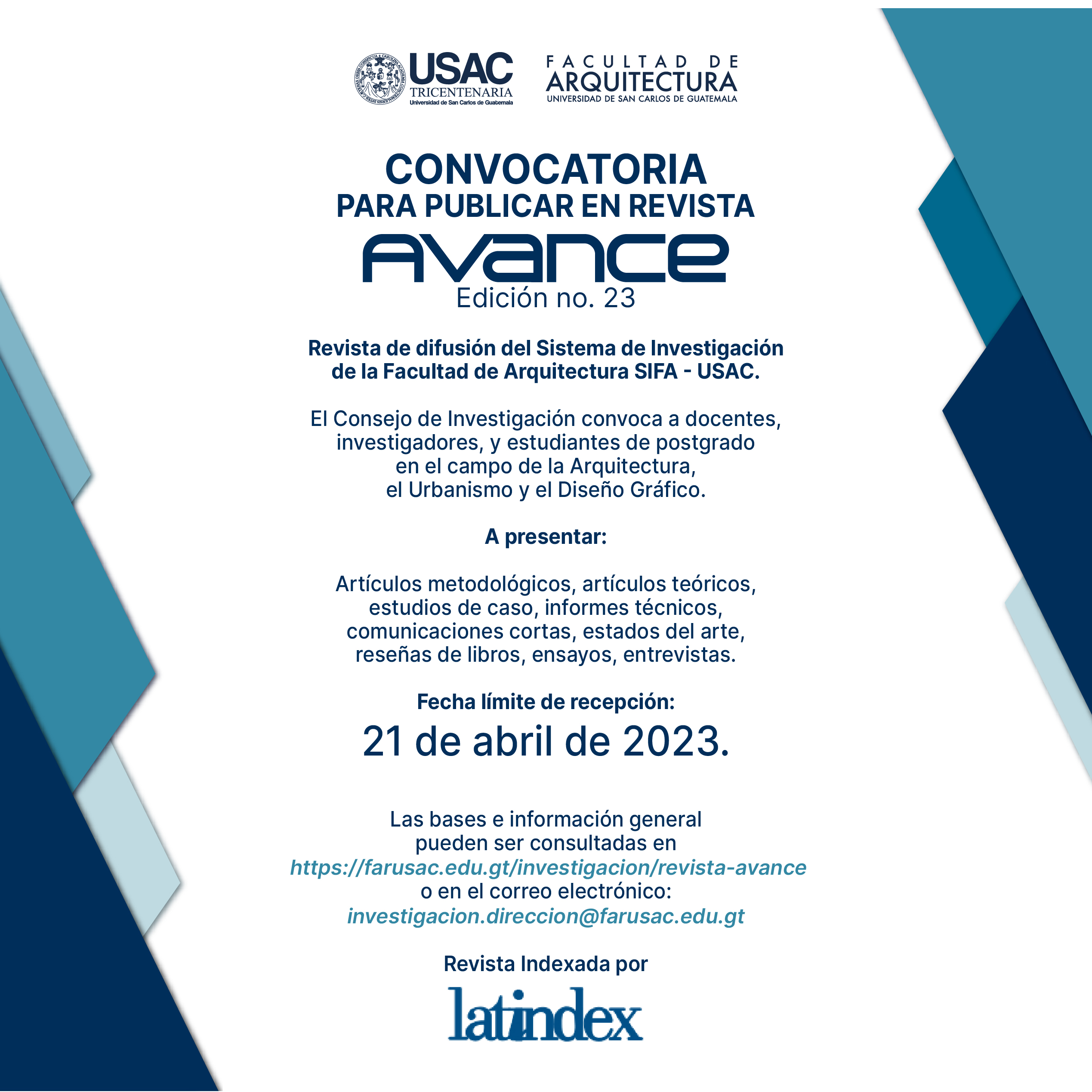The socio-constructivism and teaching practices in architectural design studio
Keywords:
architectural education, vocational education, architectural professional training, pedagogy, zone of proximal development, Vygotsky, architectural design, socio constructivis paradigmAbstract
Teaching how to do things has been one of the main characteristics of architectural training. Over the years, teachers, have taught thinking that the students learn to design, designing, and they have focused primarily on what architectural object the student should design, without realizing the scope of their pedagogical practice. The aim of this article was to identify the good didactic experiences of the Architectural Design course, in the basic training level, at the Architecture`s School of San Carlos University, and to link these experiences with the theoretical foundations of the predominant educational paradigms and the thinking of Vigotsky. This was done in order to establish that the activities that are important for the student, have their bases in educational theories, which should be considered by teachers to achieve a significant learning in the training of future professional architects. This article was made through semi- structured interviews to the students of Architectural Design at the basic training level, who according to their perception, externalized the teaching practices that are important for their professional training. These were linked to the theories of the main educational paradigms and the contributions of Vigotsky, in a documentary and descriptive analysis. The main results were the didactic experiences that students indicated to have improved their teaching-learning process, which have characteristics of the socio-constructivist paradigm, whose main exponent is Lev Vygotsky.
Downloads

Downloads
Published
How to Cite
Issue
Section
License
Copyright (c) 2017 Cecilia Santisteban

This work is licensed under a Creative Commons Attribution-NonCommercial-ShareAlike 4.0 International License.












